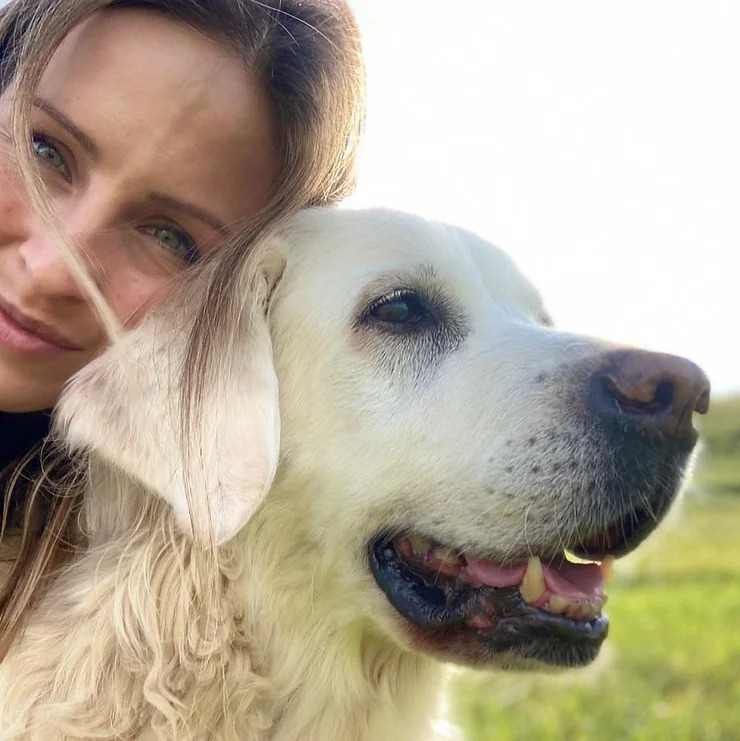Species-appropriate nutrition for dogs and cats: An interview with veterinary practitioner Stefanie Schiller
For 15 years, Stefanie Schiller has been involved in the Schiller veterinary practice as a veterinary practitioner with a focus on species-appropriate nutrition for dogs and cats. She emphasises:
„I assist both pet owners and their animals with preventive health care and in the event of illness. Cooperation with veterinarians, animal physiotherapists, osteopaths and animal psychologists is essential.“
Schiller understood the importance of species-appropriate nutrition for dogs and cats because of her own experience: “My cat became acutely ill with kidney disease. With a change to raw meat and offal, I was able to extend her life by another five years. This experience made me realise the importance of species-appropriate nutrition.”
According to Schiller, species-appropriate nutrition plays a central role in the health of dogs and cats: “Without a species-appropriate diet, the metabolism cannot work optimally. Prevention is better than cure – a balanced, natural diet rich in vital substances is the best way to go about this.”
Schiller’s dietary nutrition for dogs and cats focuses on one protein source, one carbohydrate source and one vegetable source. However, she also emphasises that within the framework of a holistic therapy, it is important to build up the animal’s digestive system and restore its food tolerance.
Schiller is keen to emphasise the importance of a species-appropriate diet for the health of dogs and cats: “The basis of health is a species-appropriate diet. That’s why I offer consultations as early as puppy age and recommend optimising the food with nutritional supplements.

 +43 720 500 205
+43 720 500 205 +49 89 2620 12 050
+49 89 2620 12 050